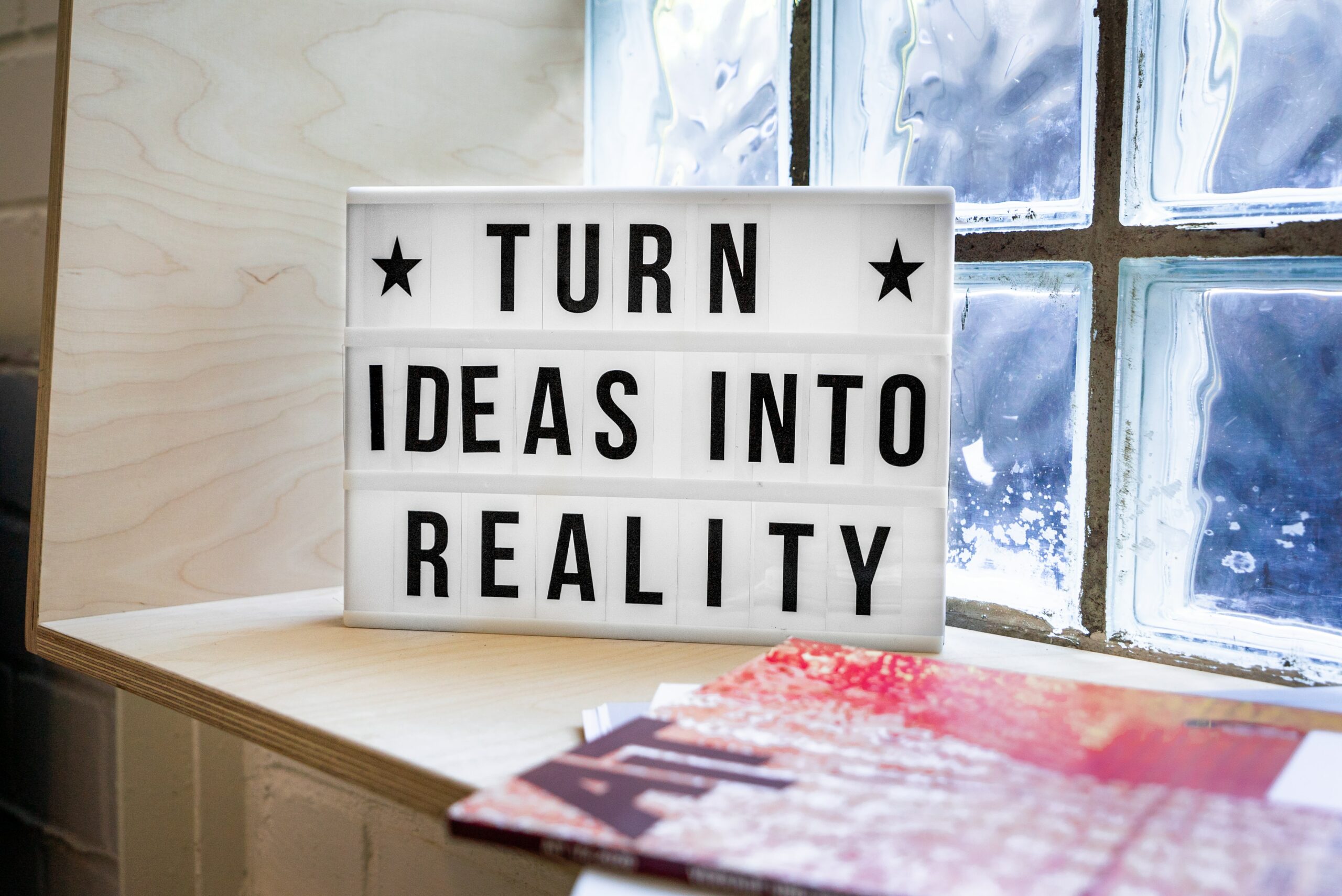 Changing behavior is HARD! I cannot tell you the number of times that I set out to accomplish some super fantastic goal and then find myself completely out of steam and kicking myself for getting my hopes up. From home improvement projects to creative goals to financial plans, I have weaved elaborate designs without the necessary skills to follow through. When my lack of skills leaves me disheartened, I lose motivation and then give up. When faced with repeated failures to change our behaviors, we can feel hopeless in our endeavors to improve our lives. Not only that, we criticize ourselves for not achieving our goals.
Changing behavior is HARD! I cannot tell you the number of times that I set out to accomplish some super fantastic goal and then find myself completely out of steam and kicking myself for getting my hopes up. From home improvement projects to creative goals to financial plans, I have weaved elaborate designs without the necessary skills to follow through. When my lack of skills leaves me disheartened, I lose motivation and then give up. When faced with repeated failures to change our behaviors, we can feel hopeless in our endeavors to improve our lives. Not only that, we criticize ourselves for not achieving our goals.
A psychologist named B.J. Fogg, PhD captured this experience; he said, “There is a painful gap between what people want and what they actually do.” Fogg developed a model to describe a person’s (dis)engagement in an activity. The creatively named Fogg Behavior Model states that a behavior will occur when motivation, ability, and a prompt come together at the same time. He explained that sometimes people don’t reach their goals because of external obstacles, not because they are lazy or lack the will power.
Motivation
refers to an individual’s desire to achieve something. When we feel inspired and hopeful, we have a lot of motivation to achieve huge goals. Other motivators include seeking pleasure, avoiding social rejection, and fear. Advertisements for anything from kazoos to kayaks play on these motivators to increase the likelihood of someone purchasing their wares. Unfortunately, motivation is very fickle. People sign up for gym memberships which they never use, budgets are forgotten, and fancy art supplies go unused. Our culture teaches us that if we have enough motivation, we can pull ourselves up by our bootstraps and accomplish anything. We need to look beyond our own willpower to figure out how to be successful in our goals.
Ability
is the capacity to complete an action. According to Fogg, a person’s ability is determined by time, money, cognitive effort, physical effort, and social deviance. For example, if you want to make music with your cat, you’re much more likely to be successful if you schedule short practice sessions, buy a cheap piano, play easy songs, have two functional hands, and know your family and friends won’t shun you for your love of feline-inspired tunes. So if you want to be sure to journal every day, find ways to make it easier to do so by keeping your journal in a place where you can quickly and easily grab it. You can flip this idea on its head as well. If you want to reduce a behavior, make it harder! If you keep finding yourself reaching to watch yet another cat tiktok, try putting your phone across the room or moving the app to another place on your phone.
Motivation and Ability can compensate for each other.
In other words, a desire behavior can occur if motivation is high and ability is low or when ability is high and motivation is low. Although it is certainly possible to play piano without hands, it would be extremely difficult and require an enormous amount of motivation. Behaviors with low motivation and high ability might include brushing your teeth, tying your shoes, or answering the phone when your less-than-pleasant relative calls.
 Prompts
Prompts
tell us “do the thing!” Cars sitting at a red light are prompted to drive by a green light, a ding from our phone prompts us to check our messages, and a rumble in our stomach prompts us to eat. When a person has the right motivation and ability, a prompt will be successful. If a person does not have enough motivation or ability, a person will not react to a prompt.
Imagine you are going to a friend’s house and you’ve never been there and your phone is dead. You really REALLY want to make it there because they’re having a fab party, and yet you have no idea how to get there or even what their house looks like. Although your motivation could lead you to knock on every single door until you find the right house, the party would likely be over before you get there. Even with all the motivation in the world, our behavior is sometimes limited by our ability. This means 1) we’re not lazy and 2) we can identify and problem solve to increase our ability!
So consider Fogg’s behavior model when you start dreaming up your next project. Can you find ways to increase motivation by focusing on how a behavior will improve your life? If you cannot increase motivation, find a way to increase ability by reducing the effort and time it requires. Making changes to your behavior can be extremely difficulty, so using science and the Fogg model can help you improve your life, create long-lasting habits, and create a hopeful future.

